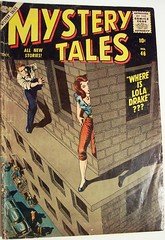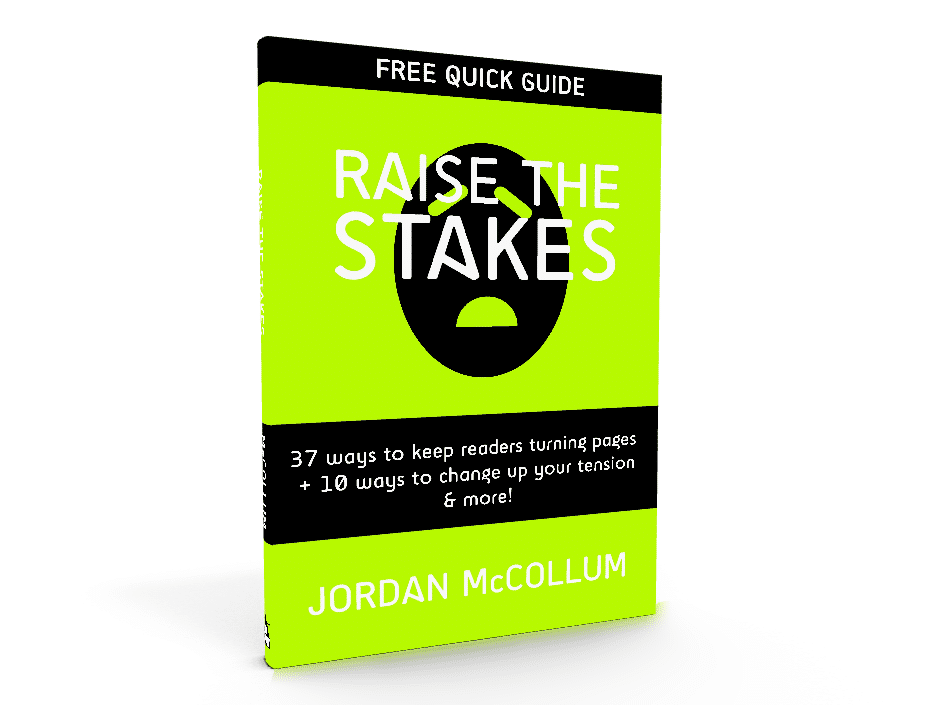A little while ago, we took a look at backstory. We focused mostly on what to avoid, but the fact remains that backstory isn’t all bad. Backstory can be vital to a story or a character. In fact, entire genres rely on the device.
 Mysteries, for example, rely heavily on backstory, if we define “backstory” as any action that takes place before the story starts. While plenty of mysteries have the murder happen during the course of the story, stories that are more focused on a professional crime-solver and his investigation often start after the murder has already taken place. Thus, the mystery that drives the plot, from the identity to the motivation of the murderer, qualifies as backstory.
Mysteries, for example, rely heavily on backstory, if we define “backstory” as any action that takes place before the story starts. While plenty of mysteries have the murder happen during the course of the story, stories that are more focused on a professional crime-solver and his investigation often start after the murder has already taken place. Thus, the mystery that drives the plot, from the identity to the motivation of the murderer, qualifies as backstory.
But pure mysteries aren’t the only genre that relies on an element of the mysterious. Personally, I have a hard time conceiving of a story that doesn’t contain an element of discovery, and that discovery will most likely be events or thoughts that take place off screen or before the story starts. As I mentioned during the series, often we see literary fiction revolve around revealing the truth behind an event that took place before the story started.
We brainstormed some reasons why that works so well when other stories that seem to rely just as heavily on events that happened before the story started are boring, using The Secret Life of Bees by Sue Monk Kidd as an example of this technique done well.
- The story does have action in the present. The backstory mystery—who killed Lily’s mother, Deborah—is introduced first, but we quickly get to see the conflict in the present: Lily doesn’t get along with T. Ray (her father), and there’s also the historical backdrop of civil rights.
- The backstory fuels the main character’s quest.
- The backstory is important to the character—and the reader.
- The POV character doesn’t know the backstory—it’s a mystery to her. While I think this is the most popular mode, this varies in some books, though: sometimes the POV character knows but doesn’t want to think about it.
- What is probably key (and many thanks to my friend Sarah for helping me hash this out/saying it herself): The backstory—and the journey to discover the backstory—is the plot: the character’s growth comes in her decision to reconcile herself with her past and move on to the future.
So now we’re going to take a quick look at how great backstory can be. It’s still important to explain it judiciously, but backstory can add another dimension to a story to make it come alive.
What do you think? How have you seen backstory used well?
Photo by Dave



I think the secret to successful backstory is just-in-time delivery, where the writer gives the reader only what they need, and only when they need it. And it needs to come out naturally. I’m not a big fan of flashbacks or dream sequences for filling in backstory. I like everything to be immediate, with information shared amongst the characters.